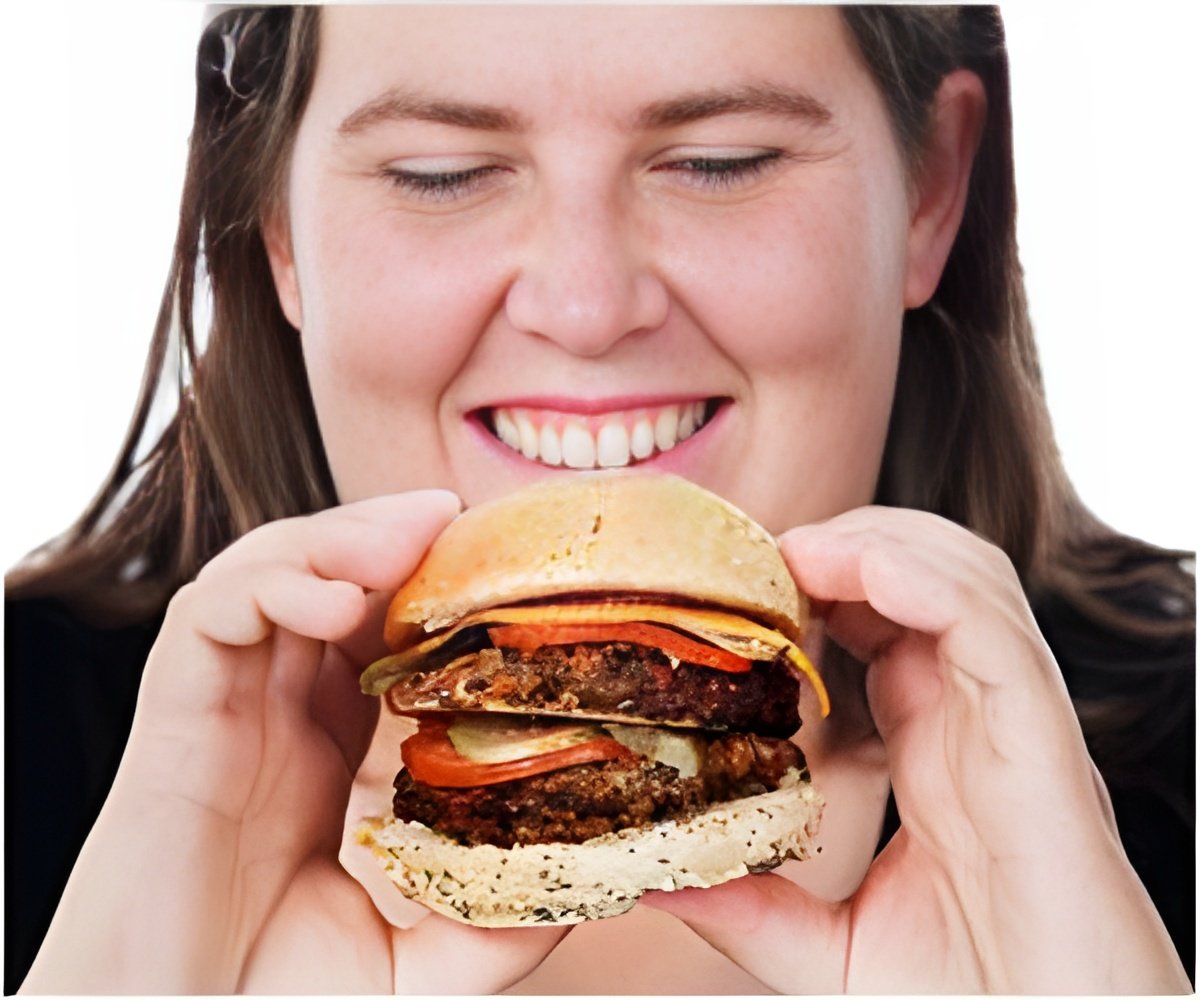People can become addicted to foods and exhibit behaviours similar to those of drug addicts or alcoholics, a new study has revealed.

Using a questionnaire originally developed by Yale University to access drug addiction, a group of obese men and women were asked questions modified by replacing the word 'drugs' with 'food'.
The respondents were then categorised by being 'food' addicts or non-addicts, and then the two groups were compared in three areas relevant to conventional addiction disorders - clinical co-morbidities, psychological risk factors, and abnormal motivation for the addictive substance.
While 'food addicts' did not differ from non-addicts in their age or body weight (controlled for height), they displayed an increased prevalence of binge-eating disorder and depression, and more symptoms of attention-deficit/hyperactivity disorder.
They also were characterized by more impulsive personality traits, were more sensitive or responsive to the pleasurable properties of palatable foods, and were more likely to 'self-soothe' with food.
"These results strongly reinforce the view that food addiction is an identifiable condition with clinical symptoms, and is characterized by a psycho-behavioral profile that is similar to conventional drug-abuse disorders," said Davis.
Advertisement
The findings will be presented at the upcoming annual meeting of the Society for the Study of Ingestive Behavior (SSIB).
Advertisement













